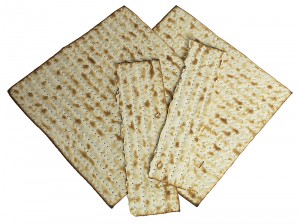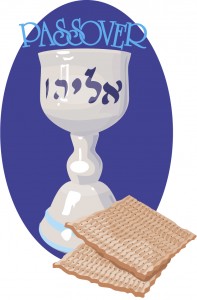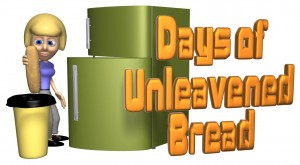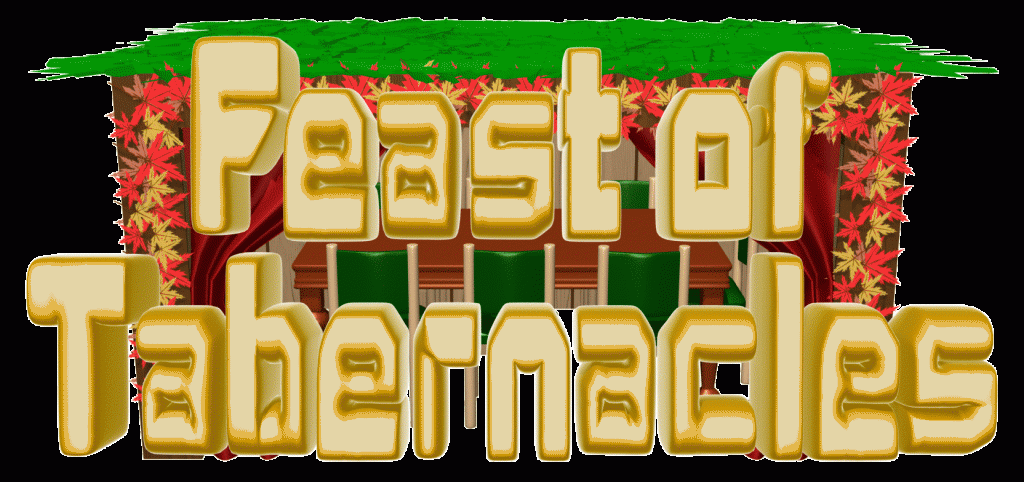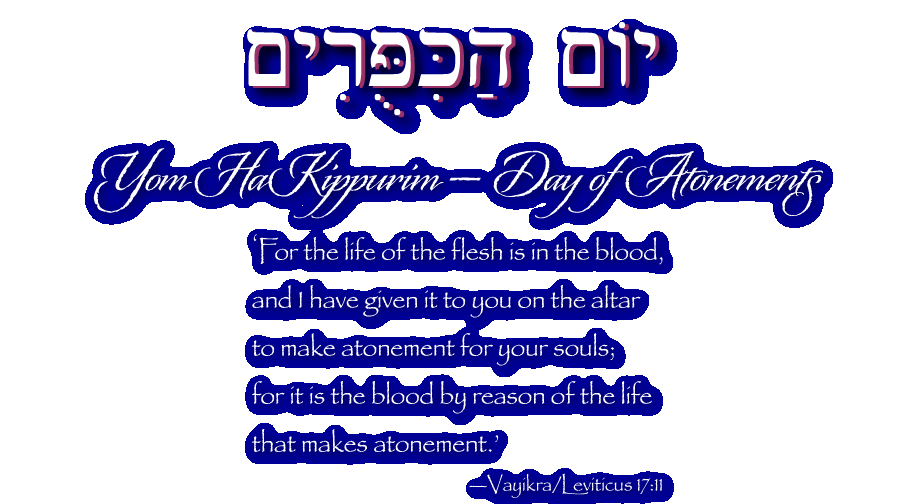As we spend a lifetime studying the Bible, the Word of Elohim, we never stop learning. In this video, Natan Lawrence shares some fresh insights to help you to more fully appreciate the Feast of Unleavened Bread and to apply its timeless principles into your spiritual walk of being victorious in overcoming sin.
Tag Archives: Biblical Holidays
Feast of Unleavened Bread Insights
The Feast of Unleavened Bread Is a Commemorative Ritual
Passover going into the first day of the Feast of Unleavened Bread is the birthday of the nation of Israel. In ancient times, universal Israel came together in Jerusalem to celebrate this event. Today, redeemed Israelites come together to celebrate these divine appointment sacred convocations.
Abstaining from leavened bread for seven days is symbolic of Elohim’s people separating themselves from sin and turning towards a holy relationship with him.
Removing leavening from our homes is a symbolic activity just like taking communion, being baptized for the remission of sins, or building a sukkah during the Feast of Tabernacles. As humans, we need symbolic commemorative occasions for several reasons. They give us a sense of history by helping us to understand the past, so that we can move forward into the future knowing who we are and where we’ve come from. They give us guidance so that we’ll learn from the lessons of history, both the good and bad ones. Our culture is full of symbolic rituals and commemorative acts and markers (Christmas, Easter, birthdays, anniversaries, Independence Day, Memorial Day, Veterans Day, Thanksgiving Day, statues, historical markers, monuments, museums, heritage sites, etc.). Likewise, Biblical commemorative rituals help us in several ways.
- They help us to both recall and commemorate past and future events.
- They help us to understand who we are by recalling where we’ve come from which in turn helps us to understand where we’re going.
- They can be something physical that helps us to wrap our minds around difficult-to-understand spiritual principle.
- They are something physical that help to point us toward a spiritual reality. They help to raise our hopes and our eyes above our mundane existence and strengthen our faith as we move toward the higher goal or reality to which the ritual or commemorative event points.
- They help us to teach and to pass on to each new generation not only about our past history, but our future hope.
Leavening Is a Picture of Sin
The observance of the Feast of Unleavened Bread is a symbol of our commitment to turn towards righteousness and turn away from sin. How serious we are about removing physical leaven from our homes in compliance Continue reading
Free Passover and Feast of Unleavened Bread Resources
I invite you to take a look at the Hoshana Rabbah Passover page on our website at http://www.hoshanarabbah.org/pesach.html.
There you will find teachings on what Passover and the Feast of Unleavened Bread are and how to celebrate them.
If you’re not sure when the biblical feasts are, then go to our calendar page for the exact dates: http://www.hoshanarabbah.org/calendars.html
Video: Why Celebrate Passover? The Seder Explained
This video explains the relevance of the ancient Passover ritual to the redeemed believer in Yesua of the the 21st century, and why celebrating Passover brings a special blessing. A free downloadable study guide for this video is available at http://hoshanarabbah.org/blog/2013/03/12/the-passover-and-the-seder/.
The Feast of Tabernacles Begins Today — Chag Samaech!
Have a joyous Sukkot/Feast of Tabernacles and Shemini Atzeret/the Eighth Day 2014. My family and I will be celebrating these two biblical festivals for eight days in southern Oregon at our regional Sukkot NW 2014 gathering (see SukkotNW.org). Maybe next year you can join us!
In the mean time, here’s a link to my teaching article on Sukkot and Shemeni Atzeret to provide you with some spiritual edification to help you to both appreciate and celebrate these prophetic feasts. Enjoy and may Elohim bless you as you and your family love him by keeping his commandments not out of legalism, but with a true heart of love, faith and obedience desiring to draw closer to him in intimate relationship by walking out his paths of righteousness!
I invite you to go to http://hoshanarabbah.org/pdfs/sukkot.pdf
Shalom aleichem!
Reflections on Yom Kippur 2014
Some things to think about on Yom Kippur (with love from Natan) …
Yom haKippurim (literally, the Day of Atonements, plural) is not a one-time thing. The redeemed believer is covered by the blood of Yeshua at the time of their initial salvation, but needs additional covering every time they sin. We need this covering of blood on an individual and collective basis. This pattern was set in Leviticus 16 when on the Day of Atonement, the high priest made atonement for his sins, those of his family, of the nation and even the Tabernacle of Moses itself due to defilement cause by men’s sins. We’re all in this thing together. My sin affects you and vice versa. My sins are passed on down to successive generations, and unless I break the sin cycle through the means that YHVH has provided, this sin cycle will continue as it has from Adam to this day bringing corruption, ruination, division, strife and death to all men.
Atonement and At-One-Ment — Healing Broken Relationships
The English word atone means “to make amends or reparation of wrong or injury.” Atonement biblically means “to cover, purge, make an atonement (Heb. kaphar), make reconciliation, cover over with pitch.” As with many Hebrew words, kaphar means not only to cover over sin (by the blood of the Lamb), but it means “to reconcile and purge.” When we sin, we need the forgiveness of Yeshua and his blood to pay for or to cover over our sin debt. We also need to get purged of the inclination to sin in the first place. We also need to make amends with those we’ve injured in the process of sinning — to reconcile with them, to repair the damage, and to mend the breach in the relationship. When we sin, a breach occurs both on the vertical level (with Elohim) and on the horizontal level (with our neighbor). Each of us is a broken, damaged and hurt person, and we have a hard time mending the damage we’ve caused to others, which is a painful process, but one which yields rich results in healing wounded relationships including the wounds and brokenness of our own heart. We must humble ourselves to do this. Pride and self protection prevents most us from repenting and asking forgiveness of Elohim and of others. To come into the presence of YHVH, we must take the step. Yom Kippur pictures our taking this step.
Some Bible teachers have taken the word atonement and have made a word Continue reading
Time to get ready for Yom Kippur!
Yom Kippur (the Day of Atonement) will be on Monday, Oct. 6) this year starting on the evening of Oct. 5 at sundown.
Start preparing yourself by reading my article on the meaning of Yom Kippur past, present and future at http://hoshanarabbah.org/pdfs/yom_kippur.pdf.


